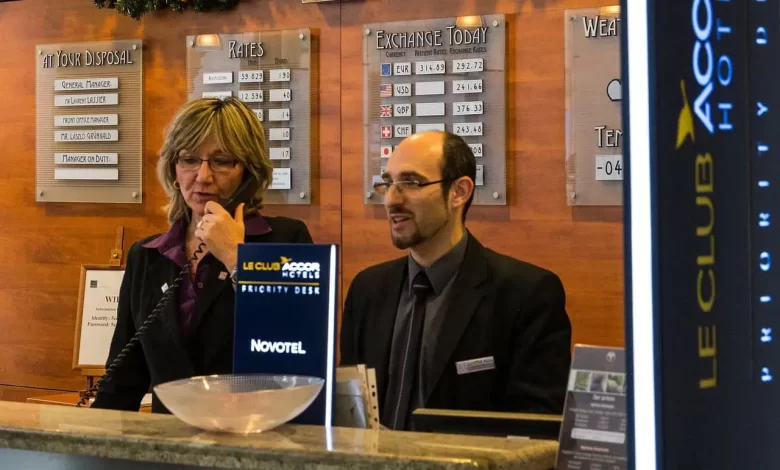Why is Digital Check-In Essential for Hotels

The 2024s have ushered in a new era for the hospitality industry, marked by rapid technological advancements and changing guest expectations. In this transformative period, digital check-in has emerged as a pivotal feature for hotels striving to stay relevant and competitive.
Here’s a deep dive into why digital check-in is a modern convenience and an essential hotel component in today’s climate.
Meeting Modern Guest Expectations
Today’s travelers are digital natives accustomed to the convenience and speed of online transactions in their everyday lives. They expect the same level of digital proficiency from their hotel experiences. Digital check-in meets these expectations by providing a seamless, fast, and contactless check-in process, aligning with the modern guest’s desire for efficiency and minimal wait times.
Enhancing Operational Efficiency
Digital check-in systems streamline the check-in process, significantly reducing the administrative burden on front-desk staff. This efficiency allows hotel employees to focus more on personalized guest services and other critical operational tasks, thereby improving overall productivity and service quality.
Improving Guest Safety and Satisfaction
In the wake of health concerns highlighted by events like the COVID-19 pandemic, guest safety has taken precedence. Digital check-in minimizes physical contact and congregations in lobby areas, providing guests with a safer and more comfortable check-in experience. This contactless approach addresses health and safety concerns and enhances guest satisfaction by offering a hassle-free start to their stay.
Leveraging Data for Personalized Experiences
A digital check-in platform like HelloShift can help you collect guest data at the point of check-in, which you can later use to tailor the guest experience. This data enables hotels to understand guest preferences, anticipate needs, and customize services, from room selection to personalized welcome messages and offers, thereby elevating the guest experience and fostering loyalty.
Facilitating Global Accessibility
For international travelers, language barriers can complicate the traditional check-in process. Digital check-in platforms often feature multilingual support, making the check-in process more accessible and user-friendly for guests from diverse linguistic backgrounds. This exclusivity broadens the hotel’s appeal to a global audience.

Supporting Eco-Friendly Initiatives
Digital check-in reduces the need for paper forms and physical key cards, aligning with the growing demand for sustainable and eco-friendly business practices. By adopting digital solutions, hotels can minimize their environmental footprint and appeal to eco-conscious travelers.
Driving Competitive Advantage
In a highly competitive industry, offering digital check-in can set a hotel apart, signaling a commitment to innovation and guest-centric service. Hotels that embrace digital check-in are perceived as forward-thinking and responsive to evolving guest needs, enhancing their market position and attractiveness to tech-savvy travelers.
Adapting to the Flexibility of Travel
The unpredictability of travel schedules, often influenced by flight delays, traffic, and other factors, makes flexibility a highly valued aspect of the hotel experience. Digital check-in accommodates this need for flexibility, allowing guests to check in at their convenience, irrespective of traditional front desk hours.
In Conclusion
Digital check-in is a trend and a critical adaptation for hotels in the 2024s. It addresses the demands of modern travelers for convenience, safety, and personalization while also enhancing operational efficiency and positioning hotels as leaders in the digital age. As we move further into this decade, the adoption of digital check-in will continue to be a defining factor in the success and resilience of hotels worldwide.
